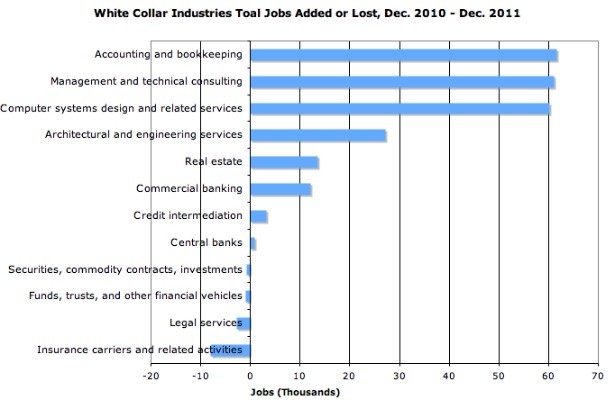Banker Or Broker Which Career Is Right For You
Post on: 6 Июль, 2015 No Comment

Banker and stockbroker are two financial services jobs that may seem similar, but they differ widely in many significant aspects. Of major importance for both jobs is the temperament of the job holder. Among the personality traits required by both positions are attention to detail, a facility with mathematics and numbers and an outgoing, friendly and helpful nature when dealing with the public. But both bankers and stockbrokers must be team players, because of the necessity of interacting with company colleagues. (For more, see Find Your Niche In The Financial Industry .)
Bankers
Job Description
Banking is a complex business employing personnel in a variety of positions. Among these are tellers, who deal with the public face to face, administrative, accounting and secretarial people, security department personnel and a maintenance staff. Although these employees work in the banking industry, they cannot accurately be called bankers. For our purposes, we’ll broadly define the term banker to mean personal bankers, loan officers. branch managers and management personnel higher up the corporate ladder.
The personal banker acts as an all-purpose liaison between the customer and the bank, providing – in most cases – whatever service the customer needs. This may include help with loan or mortgage applications, the buying and redeeming of certificates of deposits (CDs). the depositing and withdrawal of funds, checking account transactions and helping with other customer needs. Questions and problems which arise in the course of customer relations with a bank may also be answered and resolved by a personal banker. So the position is critical to the success of a commercial bank because of its close and ongoing contact with depositors and customers.
Many banks also offer brokerage services for the buying and selling of equities, U.S. Treasury notes and other investment vehicles and charge the customer a commission for implementing these transactions, which are usually facilitated by a personal banker.
Education and Personal Skills
Like most jobs in the banking industry, a personal banker should have an education – preferably, at least a bachelor’s degree – in business, finance, accounting, economics, business administration or mathematics.
Because a personal banker deals with the public, an outgoing and helpful temperament is desirable. Patience is also a requirement, since customers may be demanding and impatient. Experienced personal bankers with the appropriate education are often promoted to positions of more responsibility and higher compensation.
Branch managers and loan officers – often the two jobs are combined – require a more comprehensive background in finance, business and or accounting. Managerial and analytical skills are used in this position if the branch manager is also a loan officer.
On the managerial end, the branch manager oversees all operations of the bank branch, from building maintenance to the accounting and loan departments. In exceptionally large bank branches, the loan officer or officers may be separate from the branch manager.
The loan officer analyzes the credit worthiness of a potential borrower by checking the customer’s net worth. credit rating, job history and compensation, collateral and other factors that affect credit. (For more, see Compensation Myths: Burger Flippers Vs. Investment Bankers .)

Compensation
At a major international or domestic bank’s corporate headquarters, at senior management levels, including vice presidents in such categories as customer relations, accounting, business development, credit card division, marketing-advertising, chief financial, chief operating or chief executive levels can earn six- to seven-figure salaries, plus performance bonuses and stock options. These jobs can be very lucrative, especially if the bank posts profits and gains over previous quarterly or yearly earnings. Post graduate degrees, years of experience and outstanding successes in managerial positions are the usual requirements for these highly paid positions.
Job Description
A stockbroker acts as the interface between investors, stock traders and brokerage firms, conveying orders to buy and or sell specific stocks. The stockbroker usually interacts with clients via telephone, so a friendly, outgoing salesperson’s temperament is also a requirement for this position, which entails so much public contact.
Among the principle daily duties of a stockbroker are the servicing and managing of his clients’ stock portfolios, trading on a client’s behalf without consultation if the client has a discretionary account. soliciting new business and consulting with the research department of his brokerage firm to determine the best trades – the buying and or selling of specific stocks – for his clients. In many cases, the broker may also act as a financial advisor.
Education
A college degree in some business or finance-related area is desirable, but not necessary to become a stockbroker. There are also licensing requirements for becoming a stockbroker, which include an examination to become a licensed General Securities Registered Representative. This entitles the license holder to act as broker on behalf of customers, known as the Series 7.














